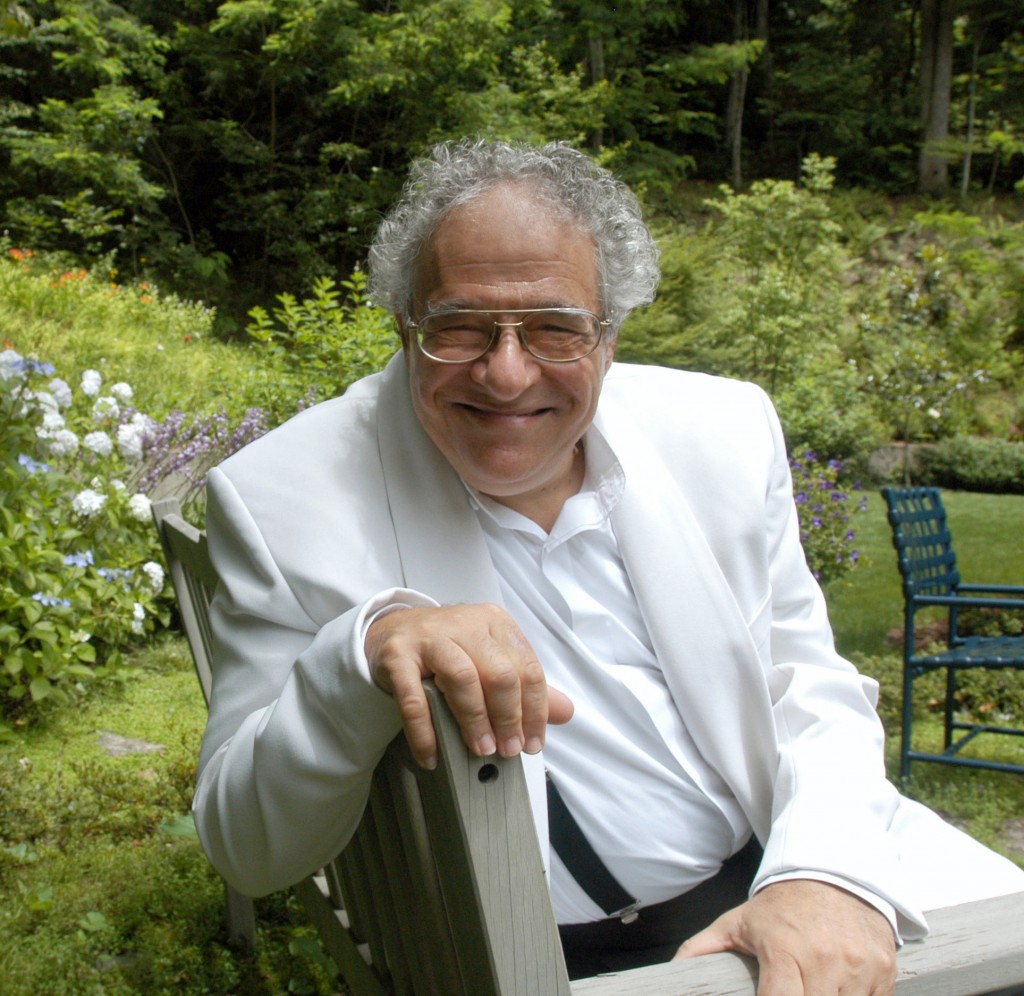Effron, orchestra deliver compelling Mahler at Miami Music Festival

David Effron conducted the Miami Music Festival Orchestra in Mahler’s Symphony No. 1 Saturday night in Miami Shores.
In a recent provocative essay, British music critic Michael Tanner suggested that the time for veneration of Gustav Mahler’s music had passed. His thesis that Mahler’s symphonies are long winded with individual movements that do not coherently form a large scale canvas– echoing initial reactions to Mahler’s scores in the late nineteenth and early twentieth century.
The raptly attentive audience and enthusiastic response to the Miami Music Festival Orchestra’s performance of Mahler’s Symphony No. 1 Saturday night at Barry University in Miami Shores refuted that view and vividly confirmed that Mahler’s works continue to speak potently to our time. This is music that touches the emotions and the heart, and guest conductor David Effron conveyed much of the nostalgia, childlike wonder and grandeur that permeates the score.
To be sure, this was far from a perfect performance. The student orchestra had worked together for only a few weeks. There were burbles in the brass and moments of less-than-precise ensemble.
Yet despite the uneven patches, the performance was considerably more than the sum of its parts. Effron is an expert at bringing out the best from student players. He has taught and conducted at Curtis, Eastman and, most recently, Indiana University. Effron has also been director of North Carolina’s Brevard Music Center and Colorado’s Central City Opera.
The stillness of the symphony’s opening and the offstage brass fanfares were clearly delineated. There was a ray of Viennese warmth in the cellos as the main theme of the first movement emerged with Effron finely balancing the trumpet reprise. In the manner of Mahler’s era, he had the excellent cellos slide between notes and gave emphasis to the sudden shrieks of the winds.
The second movement emerged as a robust country dance. Effron drew a schmaltzy sound from the strings in the spaciously shaped ländler episode. As the third movement commenced, timpani underpinnings, and first chair double bass played expressively and with spot-on articulation in the “Frères Jacques” solo. Wind interjections were assayed with biting urgency and the klezmer episodes sounded like the village band of Mahler’s creative imagination.
The clashing chords at the outset of the lengthy final movement registered with impact while the stream of tone Effron conjured up from the strings sent the lyrical sections soaring. There was an eerie film noir quality to the reprises of themes from earlier in the symphony. Effron had the brass section stand, as Mahler instructed, for the stirring final pages.
By any standard, this was fine Mahler conducting. Effron was always alive to the frequent changes of mood and tone while shaping the larger canvass in a vigorous, purposeful manner. The orchestra accumulated strength as the score progressed, the final two movements executed with strength and heft.
On the concert’s first half, Yu-An Chen, a graduate of Baltimore’s Peabody Conservatory and one of the winners of the festival’s concerto competition, played the opening movement from Beethoven’s Piano Concerto No. 3 in C minor. After an overly deliberate, uneven orchestral introduction, Chen entered with a charge of energy at the keyboard. Her sharp technical skills were more than equal to Beethoven’s keyboard writing.
She drew a big sonority from the Steinway and the bravura passages went with a driving thrust. Her dexterity and command in the cadenza was a real demonstration of competition playing. For all her impressive bravura, Chen was most impressive in the contrasting sections where her graceful phrasing and dreamy romantic aura suggested Chopin-like delicacy. She is an artist one would like to hear in a complete performance of a major concerto or sonata.
In the opening Le Corsaire Overture by Berlioz, Effron alternately contrasted a flowing lyric line with bright abandon. Brass playing was solid and sonorous with the big climaxes particularly effective.
The Miami Music Festival presents Act I and Act III, Scene III of Wagner’s Die Walküre and excerpts from Das Rheingold and Götterdämmerung with soprano Christine Brewer, baritone Alan Held, bass Solomon Howard and singers from the festival’s Wagner Institute, conducted by Michael Rossi 7:30 p.m. July 22 at the Arsht Center in Miami. miamimusicfestival.com
Posted in Uncategorized
Leave a Comment
Sun Jul 16, 2017
at 1:10 pm
No Comments






